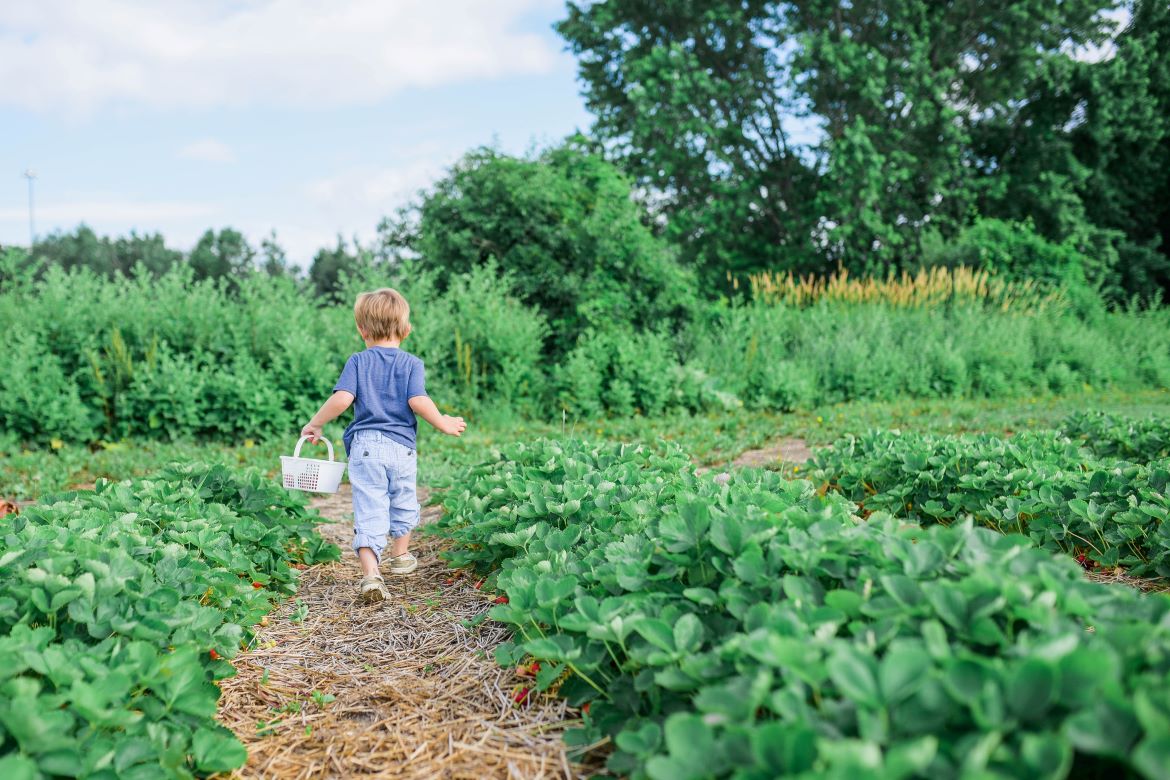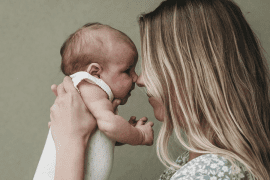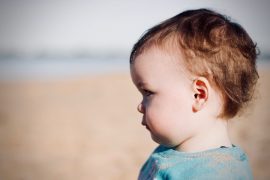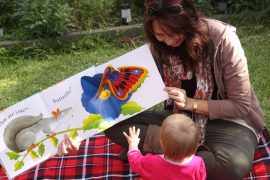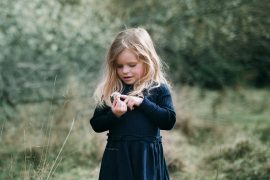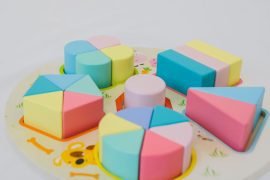By Kylie Harris
As parents, we spend a large amount of time (and effort) preparing our children for the stages of childhood and life. We prepare them to walk independently and ride a bike without training wheels, and we prepare them to head off to school. When they are teenagers, parents spend hours helping their child prepare for college, their first job, and even their first date. But what about preparing your child to do their part in protecting their environment? Recent research by Southern Cross University showed that 77 percent of Australians and Americans have resolved to lead more sustainable lifestyles. Around 72 percent admitted that leaving a cleaner environment behind for their children is a major driver for their switch. So how can parents include environmental education in their child’s learning journey?
By taking small conscious steps to introduce them to an Earth-friendly way of living, the answer is to start as early as you can.
Why Teaching Your Child About Eco-Friendliness Is Important
Over seven in ten households say their kids are the most important reason they strive to be eco-friendly, according to OnePoll and Avocado Green Mattress. In fact, nine in ten Australians are concerned about sustainability.
It is not uncommon to see parents-to-be having sustainable presents on their Stork party registry. Yet, a staggeringly small percent of parents actively include environmental education in their child’s days. So while most families are recognising the need to do more and protect the environment for their children, 80 percent of parents believe the responsibility lies with teachers when it comes to climate change and eco-friendliness.
However, as our children grow and become independent citizens of the world themselves, their actions will have a direct impact on the future of the planet – and the world they leave behind for their children.
Besides, teaching them good environmental habits, giving your child a great environmental education develops self-responsibility and the impact one small action can have on the wider environment.
This can even inspire your child to go on and take action when they are grown up, leading notable contributions to the environment or an education movement of their own.
Start Early And Make It Natural
Most parents agree that the perfect time to begin teaching your child about eco-friendliness is around nine years old. Others disagree, and say that eco-friendly habits should be taught much earlier. Similar to eating and other childhood habits, eco-friendly habits are ingrained at a very young age. In fact, making eco-friendly features in your home and including your child in those decisions as early as possible is great for starting the conversation on sustainability. During the preschool stages, parents can introduce the concept in fun ways, such as by watching an eco-friendly animated film like Wall-E, Rio, or Finding Nemo. These explore the impact of human actions on wildlife and the wider environment in a kid-friendly way.

